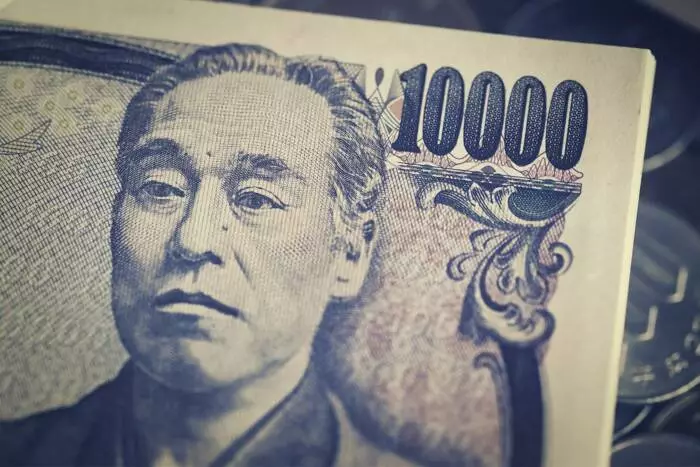Japan’s economy has been facing significant challenges as it contracted for the third consecutive quarter. There are concerns that the trend may continue, leading to a fourth quarterly contraction. One of the key questions is whether the weakness of the Japanese Yen is affecting private consumption and ultimately impacting the overall economy.
Bank of Japan’s Perspective
In June, Bank of Japan Deputy Governor Ryozo Himino highlighted the impact of Yen weakness on the economy. He mentioned that exchange-rate fluctuations have various effects on economic activity, including inflation. The weakening Yen has broader implications beyond import prices, affecting inflation in a sustained manner.
A concerning aspect is that the Bank of Japan has not provided clear guidance on its monetary policy goals, especially after the USD/JPY exchange rate spiked to a high of $161.951. This lack of transparency adds to the uncertainty surrounding the economic outlook of Japan and raises questions about the central bank’s strategy.
US Inflation and Fed Rate Cut Speculation
Meanwhile, the focus on US inflation has intensified, with investors increasingly betting on a potential rate cut by the Federal Reserve in September. The expectation is that softer inflation could trigger a monetary policy response from the Fed. Consumer inflation expectations play a crucial role in shaping the Fed’s decision-making process, as they are considered a leading indicator of future inflation trends.
Consumer Spending Trends
Consumer inflation expectations are closely monitored, with economists forecasting a decline from 3.2% in May to 3.0% in June. A decrease in consumer inflation expectations could lead to a reduction in consumer spending, as individuals may delay purchases in anticipation of lower prices in the future. This trend could impact demand-driven inflation and provide a rationale for the Fed to lower interest rates.
It is essential to consider the historical trend of consumer inflation expectations to understand the current economic environment. Despite a recent upward swing in April, expectations had been on a downward trajectory. In June 2022, consumer inflation expectations peaked at 6.8% before dropping below 4% in May 2023. This historical context adds another layer of complexity to the current economic situation.
The weakness of the Japanese Yen, coupled with uncertainty surrounding monetary policy, US inflation dynamics, and consumer spending trends, presents a challenging landscape for Japan’s economy. Addressing these issues will require a coordinated effort from policymakers, central banks, and stakeholders to navigate through the headwinds and foster sustainable economic growth.

